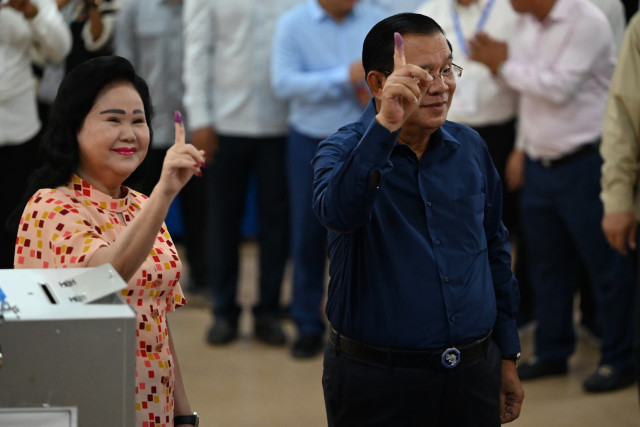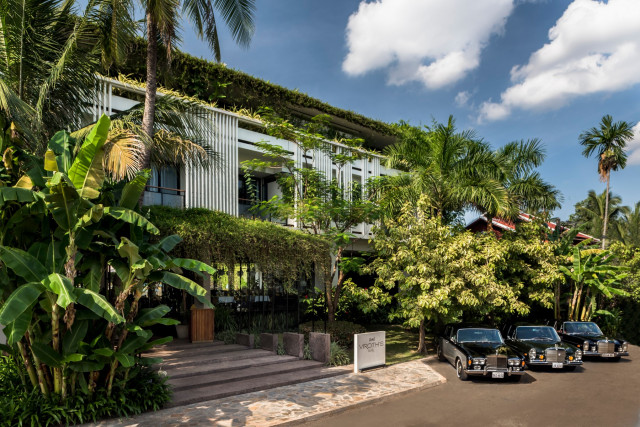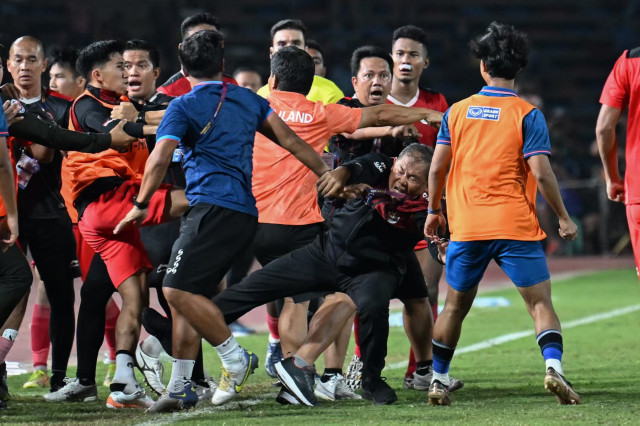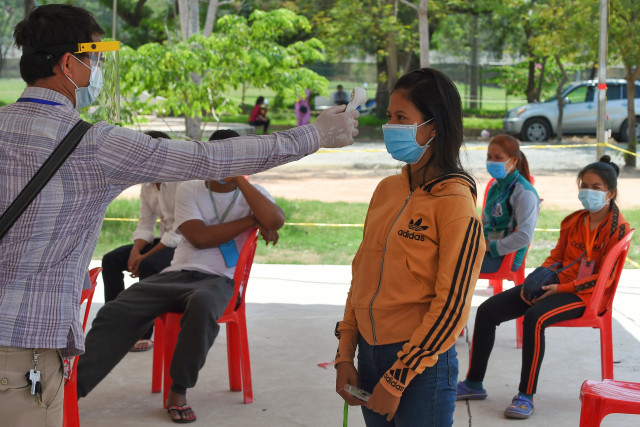2023 National Election: Cambodia’s Finest ‘Business as Usual’ Election?

- By Manghout Ki
- August 7, 2023 8:56 PM
For the seventh time, Cambodians have cast their votes in a national election, an act that has historically been fraught with controversy and conflict. From the UNTAC-led event in 1993, the armed discord between the Cambodian People's Party (CPP) and pro-monarchy groups in 1998, to the recent governmental establishment struggle in 2023, Cambodia's electoral process has been anything but peaceful. Nevertheless, this year, for the first time in memory, Cambodia's election unfolded in what can only be described as “business as usual.”
This election's absence of notable disruptions or controversies marks a significant departure from the past. The controversies and conflicts previously marred Cambodia's elections, such as the clash with Thailand over the 2008 border dispute and the significant CNRP-led protest in 2013, were absent from this year's electoral process. Furthermore, unlike the 2018 election, where voters showed clear signs of economic anxiety by withdrawing their money from banks, the 2023 election passed without alarm.
This "business as usual" approach signifies more than just a peaceful election; it symbolizes a marked shift in Cambodia's political landscape. With the presence of opposition participants, the 2023 election deviated from the near-monopolistic electoral climate of previous years. This expansion of the political arena holds promise for a more balanced distribution of power and, by extension, a more democratic Cambodia.
The CPP's willingness to engage in a relatively unimpeded election with its opposition - the Royalist party, FUNCINPEC - represents a fundamental shift from the patterns of prior years. It is a testament to the evolution of Cambodia's political culture, demonstrating a newfound capacity to balance power and accept a diversity of opinions in the political arena.
The "business as usual" nature of the election also positively impacted economic stability. During previous elections, particularly in 2018, the uncertainty surrounding the electoral process led to significant economic instability, with people withdrawing their savings from banks due to a lack of confidence in the future. This year, however, the market remained calm and steady, showing strong confidence in the stability of the country's future.
Of course, a single peaceful election does not entirely erase the struggles of the past, nor does it guarantee a conflict-free future. The absence of conflict in this election is commendable, but it should not lull us into a false sense of complacency. Instead, this should be seen as an opportunity for Cambodia to learn from past mistakes and work towards a more peaceful and democratic future.
The 2023 election sets a new precedent for future elections in Cambodia. It shows that political competition does not have to be synonymous with conflict and that a diverse political environment can exist without descending into chaos. The peaceful transition of power and the absence of conflict are not only achievements to be celebrated but also standards that future elections should strive to uphold.
It would be naive to believe that a single 'business as usual' election will completely reshape the political landscape of Cambodia. However, it represents a positive step forward in a country that electoral conflicts and controversies have long plagued. The 2023 election might be a glimpse of what the future holds for Cambodia – a future where democracy is not just a concept but a lived reality for all its citizens.
In the end, while the phrase 'business as usual' often carries a negative connotation, in the context of Cambodia's 2023 election, it marks a moment of positivity and progress. It is a testament to the potential for change and growth, a symbol of hope for a country that has been too often mired in conflict and controversy. Furthermore, if this is the new 'business as usual,' Cambodia's future looks brighter.
Ki Manghout is an independent researcher in comparative politics and international relations.















